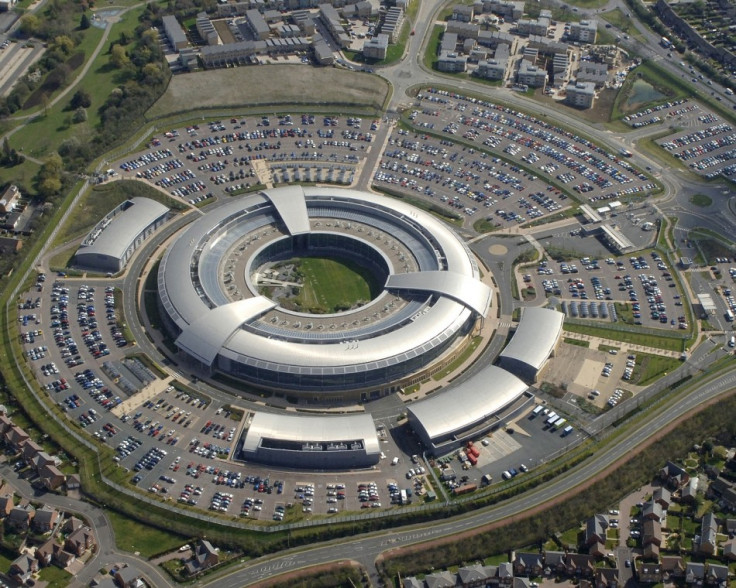GCHQ Admits Mass Surveillance of Google, YouTube, Twitter and Facebook of UK Citizens

The government's top anti-terror chief has been forced to admit to spying on UK citizens through Facebook, Google, Twitter and Youtube, due to a loophole in the law.
Charles Farr, the director general of the Office for Security and Counter-Terrorism, issued a 48-page statement explaining that the domestic surveillance policy was in the name of national security.
The medium through which such communications are collected was justified by claiming that communications sent through such online services were classified as "external communications" due to the fact they passed through US servers.
This technicality allows the UK government to intercept communications between UK citizens, even when the police have no grounds to suspect an individual of illegal activity.
"The only practical way in which the government can ensure that it is able to obtain at least a fraction of the type of communication in which it is interested is to provide for the interception of a large volume of communication," the report states.
"In the face of this significant and enduring threat from terrorism, serious and organised crime and other national security threats, there is a pressing need for the intelligence services and law enforcement agencies to be able to secure valuable intelligence in order to pursue their statutory objectives."
Farr's statement came in response to legal challenges by privacy advocates and civil liberties organisations
"The security services consider that they're entitled to read, listen and analyse all our communications on Facebook, Google and other US-based platforms," said James Welch, legal director of civil rights group Liberty, said.
"If there was any remaining doubt that our snooping laws need a radical overhaul there can be no longer."
© Copyright IBTimes 2025. All rights reserved.






















